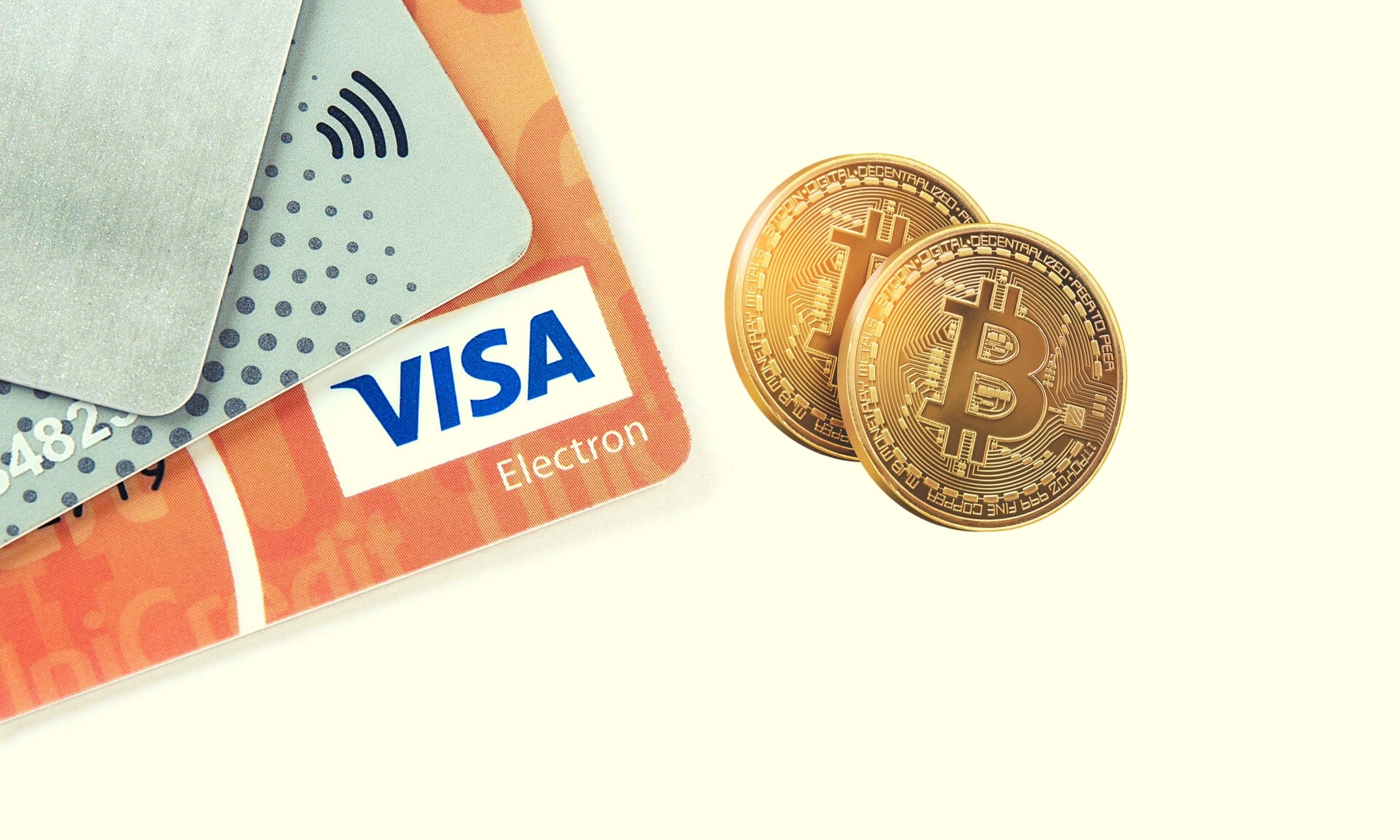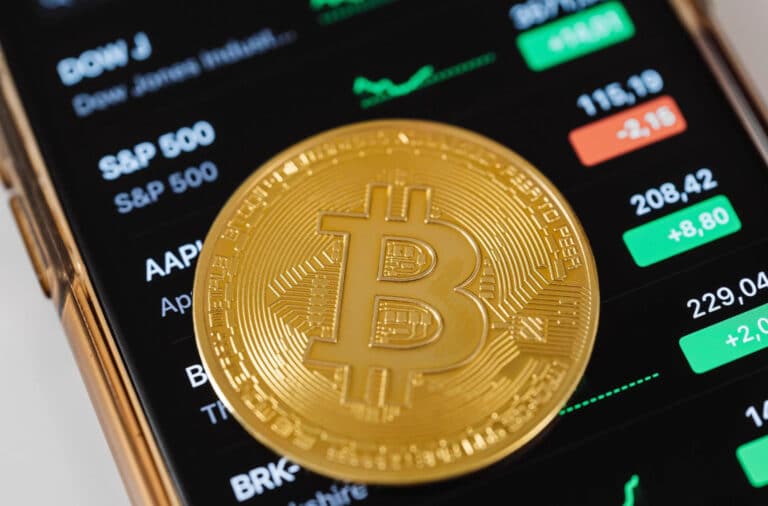Visa is working on blockchain interoperability and reveals its Universal Payment Channel
The company presented its “Universal Payment Channel” (UPC) in a recent blog post published by Visa on Thursday as an innovation aiming to end one of the biggest challenges for blockchain interoperability.
The company has more than 50 partnerships with cryptocurrency companies such as Coinbase and FTX. Besides, these agreements allow Visa users to use digital currencies while making payments at over 70 million merchants around the globe. Clients don’t need any prior approval from merchants who are not obliged to accept crypto payments.
Cuy Sheffield, Visa’s head of cryptocurrency made it clear in an interview with Insider back on July 7th :
The merchants don’t have to change anything. It will be the same as any other Visa transaction to them. But on the backend, the crypto assets are instantly converted into fiat.
This cross-chain interoperability solution isn’t a recent project. The payments giant’s research and product teams started working on this new concept back in 2018.
The UPC aims to connect different blockchains, stable coins, and central bank digital currencies (CBDCs) by establishing dedicated payment channels – this includes the CBDCs networks connection between different countries while giving the possibility to connect more trusted blockchain networks.
Catherine Gu the Global CBDC Product Lead at Visa emphasized the importance of the UPC and its raison d’être:
Imagine splitting the check with your friends, when everyone at the table is using a different type of money — some using a central bank digital currency (or CBDC) like Sweden’s eKrona, and others preferring a private stablecoin like USDC.
How about sending $500 in USDC to a friend in London, and having those funds automatically converted to digital British pounds before they arrive in her CBDC wallet. Now imagine all this happening in real-time, across multiple networks, and compatible with multiple digital wallets.
According to the same blog post, the UPC doesn’t aim only to solve the interoperability issue but also to answer the need for faster transactions.
The new specialized payment channels will make use of smart contracts to establish communication with a wide range of blockchain networks, thus enhancing the transaction throughput with an accent on security and reliability to allow much faster transactions.
That’s certainly possible since Visa allows offline crypto payments. Furthermore, UPC is a giant step for interoperability, an issue currently limiting the spread of crypto adoption worldwide.







